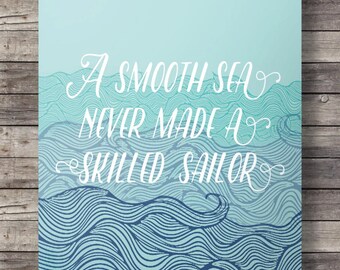

Since writing the above in the late 1990's I have recently (August 2013) had the good fortune to have been invited to the 2nd Leserpromenade. Even if I succeeded, I doubt whether it would go down with present day audiences. Maybe one day I'll try my hand at a sea song about aircraft carriers, atom-bombs, radar, biological and electronic warfare etc., the lot of a 20th century naval sea-goer, in the same vein. The song itself is about being seen-off by agents, the ladies, the hard life at sea and finally the wish of being ashore with a loving wife. OFF TO SEA ONCE MORE traditional / INTRO 2 MEASURE FINGER PICK / Dm C Am When first I came to Liverpool Dm C Dm I went upon a spree Dm F Me money alas I. Victorious whenever doing "Off to Sea Once More". This song is so evocative of the love/hate relationship between a seaman and his chosen element that I always find myself thinking about H.M.S. His printed lyrics have be bowdlerised to Weve courted gay Peruvian girls but cruder language.

The gap separating whalers in the 19th century and aircraft carriers in the 20th century are indeed worlds apart.

For my taste Roy's version is a lot more tuneful but the lyrics are virtually the same. I first heard it from Brian Kelly when in the Idle Fellows but the version I sing can be found in Roy Palmer's The Oxford Book of Sea Songs. Here are the verses of the song, excluding the chorus that you already find above."Off to Sea Once More" is one of my favourite sea songs and, according to mood at the moment, it may be my absolute favourite. As the song at the end says, “As far as I’ve heard, the fight’s still on / The line’s not cut, and the whale’s not gone”. The whale was harpooned, but it was more powerful than the ship itself and dragged it away, producing an endless battle: the captain did not want to cut the ropes and the whale did not want to surrender, the men died but no one wanted to end the battle. The rest of the song tells the story of this ship called Billy of Tea, which set sail to hunt whales and collide with a specimen two weeks after the start of the journey. The “tonguing” in the chorus was the last phase of whaling, in which the sailors cut them up on the shore. Not because he was generous and gave gifts to sailors, but for a much sadder reason: sailors at the time were so underpaid that they often weren’t even paid money, but received goods like that, which ended up being their entire pay. Wellerman is therefore one of the leaders of the company, who in the chorus of the song comes to give sugar, tea and rum. Coleborn Jermaine Lamarr Colegarnered attention for his earnest lyricism. Says he, Last time ye was paid off, with me ye chaulked no score. Hailing from the harsh streets of what he calls Fayette-nam (Fayetteville, North Carolina), J. The word Wellerman comes from the Weller brothers, who had the largest whaling company in New Zealand in the nineteenth century. Go to Sea Once More When first I landed in Liverpool, I went upon the spree My. Under a particularly captivating rhythm, Wellerman‘s lyrics tell the legends that revolve around the ships that hunted whales, the underpaid sailors and the companies that hired the crew for those undertakings. Wellerman falls into this trend: originally it is a New Zealand sea ballad that dates back to the second half of the 19th century and tells of the difficulties of sailors embarked for whaling. In his official TikTok channel he presents his reinterpretations of ancient classics of the genre, gathering great success. Nathan Evans’ passion is for Sea Shanties.


 0 kommentar(er)
0 kommentar(er)
